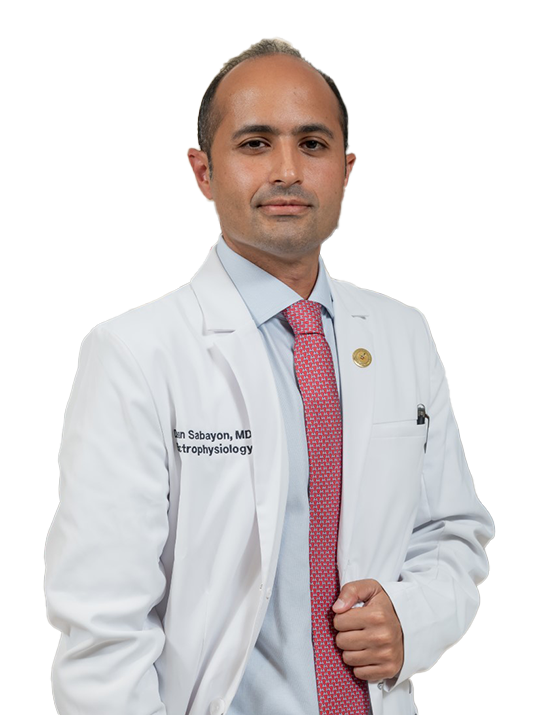Exposure to Agent Orange is linked to a slightly increased risk of bladder cancer according to a study published today in the Journal of the American Medical Association by researchers at the University of Texas Medical Branch.
“Certain risk factors to bladder cancer such as smoking and exposure to known carcinogens have been identified, but very limited data has existed regarding Agent Orange exposure and bladder cancer,” said Dr. Stephen Williams, chief of Urology at UTMB and lead author of the study. “We leveraged data from the VA Health System, the largest equal access integrated health system in the country, in order to overcome prior limitations including limited numbers of patients, exposed cases, and confounding factors like smoking.”
Agent Orange was a tactical herbicide used by the U.S. military for control of vegetation. The military sprayed Agent Orange and other tactical herbicides during the Vietnam War and veterans who may have been exposed to Agent Orange include those in Vietnam, the Korean Demilitarized Zone and on Thai Air Force bases.
In this study, a total of 2,517,926 male Vietnam veterans treated in the Veterans Affairs Health System nationwide from 2001-2019 were included in the analysis. The study found that 25% of the participants had Agent Orange exposure. The veterans with Agent Orange exposure were matched to unexposed veterans on age, race, military branch, and year of service entry. The results revealed that veterans with Agent Orange exposure had an increased risk of bladder cancer, especially higher among younger veterans.
Results from the study contributes to the growing body of knowledge surrounding the health effects of Agent Orange exposure in Vietnam veterans and emphasizes the need for continued investigation and support for those affected by this exposure.
“Our findings have important implications for targeted screening efforts, early detection of bladder cancer, and eligibility for VA benefits, providing valuable insights for the healthcare and support of Vietnam veterans exposed to Agent Orange,” said Williams.



